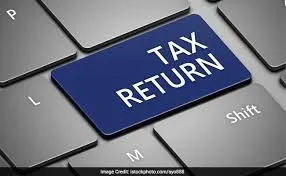

Last Minute Bookkeeping Tips Before You See The Tax Man
If you’re one of the many small business owners who hasn’t done his or her bookkeeping all year long, this tax season will unfortunately be a stressful time as you frantically scramble to pull together all your receipts and business expenses, trying to account for every single thing you did during the year.
To help you through this period, here's a useful checklist of the top four things you should do before you turn your books over to your accountant:
1. Gather all fiscal records.
Compile documentation for all your purchases, business expenses, income and records of transactions, pulling all your receipts, bank statements, cancelled checks and paid bills.
If you’re a small business owner who has a tendency to put some expenses (like for a home office) on personal credit cards, that documentation also needs to be gathered to ensure all business costs are captured.
2. Sort and categorize financial documents.
After you have collated your financial statements, sort and categorize each business expense into different buckets, such as auto expenses, home-office expenses, utilities, medical expenses, office supplies and charitable contributions. That way your accountant can easily access the right numbers, feed them into a spreadsheet or accounting software and run calculations to figure out deductions you may be eligible for.
3. Make sure all income is documented.
Tracking income is the area where small business owners can really get into trouble. You need to be able to say to your accountant, “this is how much money I made this year,” because if the Australian Tax Office audits you, the figure must be 100 percent accurate.
The ATO doesn’t care if you fail to report all your business expenses but will pursue you for failing to report your income properly.
After handing over the “books” to your accountant, sit down and try to identify a better way of maintaining your financial records -- not just during financial year but all year round, so that you’re not in this same situation again next year.
4. Hire A Bookkeeper.
If you don’t have time to do a little bookkeeping each day, when will you find time to record a month's or a year's worth of records? Different people have different systems. What matters the most is that you have a system and use it daily -- whether you hire a professional bookkeeper or do it yourself.
If you would like to discuss your bookkeeping requirements or how to improve your record keeping, contact info@bookkeepingconcepts.com.au


